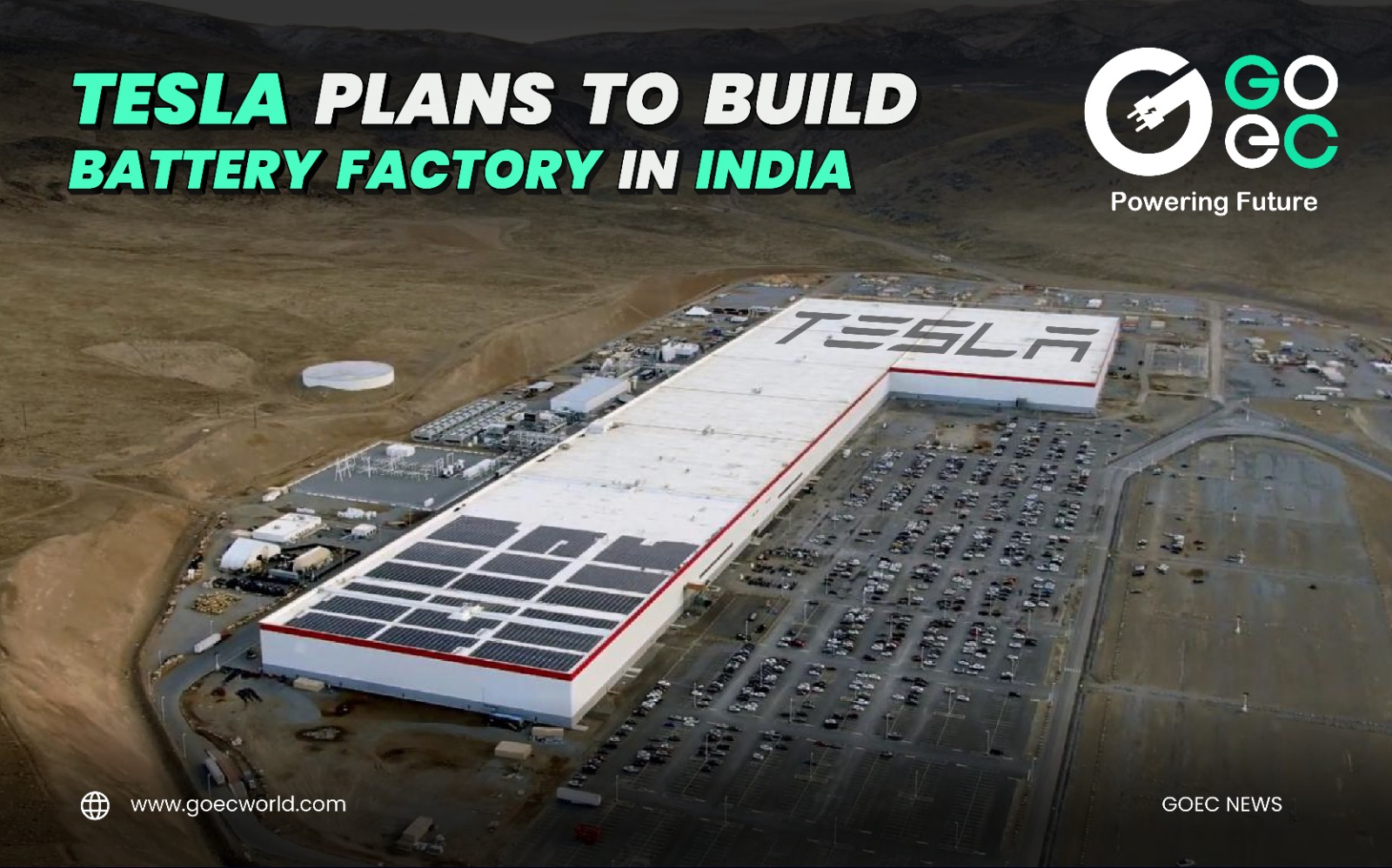Tesla is making bold moves in India, seeking to establish a significant presence beyond electric vehicles (EVs). According to sources, the company has submitted plans to produce and sell battery storage systems in India, marking a crucial step in Elon Musk’s ongoing efforts to enter the Indian market.
In addition to discussions about constructing an EV factory in India, Tesla is looking to support the nation’s energy infrastructure with its “Powerwall” battery storage system. This innovative technology can store surplus energy generated from sources like solar panels or the grid for use during the night or power outages.
While Tesla initially sought incentives to build a battery storage factory in India, government officials have indicated that these incentives might not be available. However, they are open to assisting Tesla in creating a fair business model by providing subsidies to customers purchasing these products.
Tesla’s vision for the Powerwall extends beyond residential use; the company is keen on serving industrial customers as well. This broader strategy requires significant policy adjustments, and Tesla is eager to navigate these challenges.
India, despite making strides in expanding its electricity supply to towns and villages, still faces peak-time power shortages due to its heavy reliance on coal-based power generation. Storage technologies like the Powerwall can play a crucial role in addressing these challenges.
The Indian government is targeting a substantial increase in non-fossil fuel power capacity, aiming for 500 GW by 2030, compared to the current capacity of 186 GW.
Tesla’s Powerwall, a compact unit designed for residential and light commercial use, has the potential to reshape India’s energy landscape. The company might also explore larger-scale solutions for industrial applications.
Indian officials have stressed the importance of reducing the cost of Tesla’s battery storage products to make them more accessible to the Indian market. With high demand expected, the government sees an opportunity to help unlock this market.
In the United States, the Powerwall currently costs over $5,500 in California, with additional expenses for solar panels. It benefits from federal tax credits and local incentives for solar and energy storage.
Tesla’s move into India’s battery storage sector signifies a significant step towards diversifying its offerings in the Indian market and aligning with the country’s renewable energy goals. While the plan is under review, it holds the potential to reshape how India generates and utilizes power, ultimately contributing to a more sustainable and reliable energy future.
